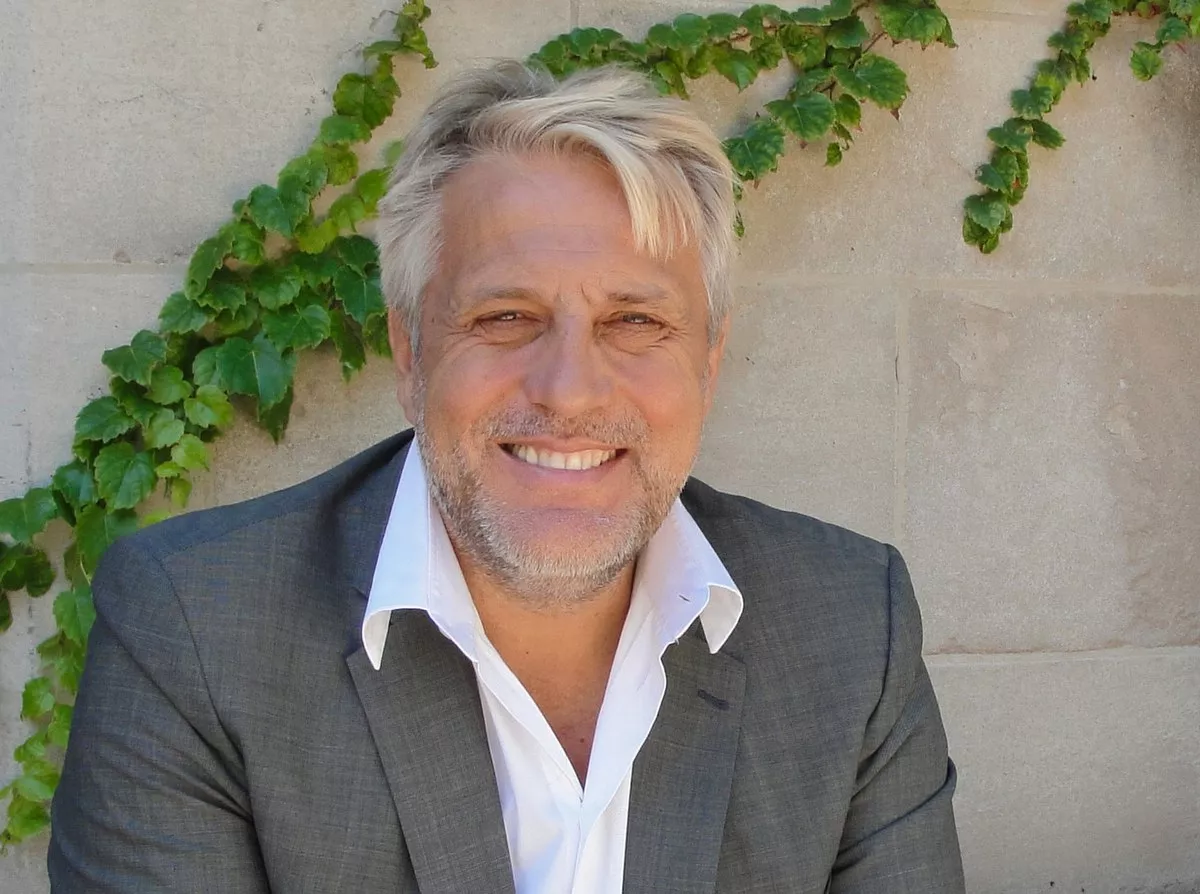 1.
1. Jean Decety's research focuses on the psychological and neurobiological mechanisms underpinning social cognition, particularly social decision-making, empathy, moral reasoning, altruism, pro-social behavior, and more generally interpersonal relationships.